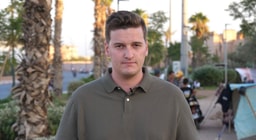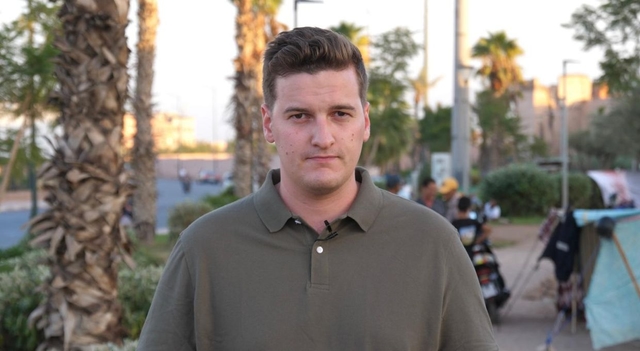Updated: 6 countries ready to send troops for Ukraine 'reassurance force' so far, AFP reports

Editor's note: The article was expanded with comments by Dutch Defense Minister Ruben Brekelmans and Lithuania's Defense Minister Dovile Sakaliene.
Only six countries have said so far that they are ready to deploy troops to Ukraine as part of the international "coalition of the willing" in case of a ceasefire, AFP reported on April 10, citing undisclosed European officials.
The U.K., France, the Baltic nations, and another unnamed country stand ready to send their soldiers, while other leaders want to see a more detailed plan before making commitments, according to the news agency.
AFP's figure suggests that the number of willing countries is much lower than earlier reported. On April 9, Bloomberg wrote that 15 nations are open to sending their troops.
The British- and French-led coalition's meeting in Brussels on April 10 shed further details on the so-called reassurance force. U.K. Defense Secretary John Healey explained that the troops would be primarily tasked with strengthening Ukraine's military rather than operating as a traditional peacekeeping force separating the two belligerent sides.
In spite of this, many leaders of some 30-member strong coalition require more flashed out mission details.
"What is the mandate? What would we do in the different scenarios, for example, if there would be any escalation regarding Russia?" Dutch Defense Minister Ruben Brekelmans said, according to AFP.
Coalition members unwilling to commit ground troops have been reportedly asked to provide other types of support, including intelligence, arms, or naval forces.
Speaking to the Kyiv Independent in Brussels on April 11, Brekelmans said that the allies "must all clearly define together what the exact role is of the European engagement."
Lithuania's Defense Minister Dovile Sakaliene told the Kyiv Independent that the plan is at the stage of "intense" political and military debates and planning.
Another major hurdle is the U.S. participation, which London sees as a necessary condition for effective deterrence against Russia.
U.S. President Donald Trump's administration has signaled intent to reduce U.S. military presence in Europe and ruled out sending troops as part of the reassurance force. London and Paris are seeking to convince Washington to at least provide airpower or intelligence support but have so far failed to extract any commitments.
"It's important to have the United States on board, they are playing a key role now in negotiations, they will always play a key role in European security," Brekelmans told the Kyiv Independent.
"But regarding their exact role, and their exact position, there are many different options, and they need to be well-connected to the overall plan."
"Our goal is to achieve that the United States would monitor how the agreement on ceasefire, if it is achieved, is being kept, because we understand that Russia has never kept any agreement," Sakaliene said.
Since taking office, Trump has sought to broker a peace deal in Ukraine while resuming direct communications with Moscow. The efforts to negotiate a ceasefire have largely stalled as Russia rejected a full 30-day truce backed by Kyiv and repeatedly violated the partial halt on strikes against energy infrastructure.













